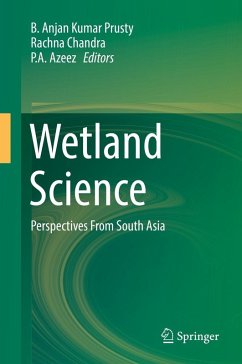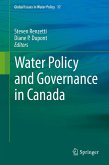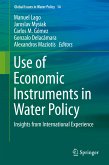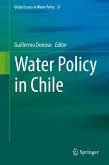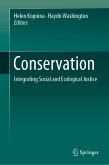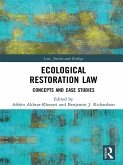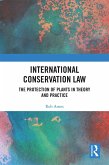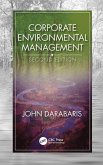To date the interdisciplinary field 'wetland science' is still rarely treated as a distinct discipline in its own right. Further, courses on wetland science aren't taught at any of the world's most prestigious universities; instead, the topics falling under this discipline are generally handled under the disciplines 'ecology' or under the extremely broad heading of 'environmental studies'. It is high time that 'Wetland Science' be acknowledged as an interdisciplinary sub-discipline, which calls for an attempt to consolidate its various subtopics and present them comprehensively. Thus, this book also serves as a reference base on wetlands and facilitates further discussions on specific issues involved in safeguarding a sustainable future for the wetland habitats of this region.
Dieser Download kann aus rechtlichen Gründen nur mit Rechnungsadresse in A, B, BG, CY, CZ, D, DK, EW, E, FIN, F, GR, HR, H, IRL, I, LT, L, LR, M, NL, PL, P, R, S, SLO, SK ausgeliefert werden.

